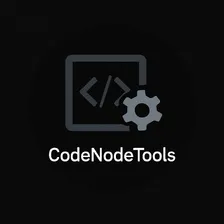MEGA Uploader & Downloader – No Download Limit
Pricing
$6.99/month + usage
MEGA Uploader & Downloader – No Download Limit
Bypass MEGA.nz download limits and transfer quota to automate uploads and downloads of MEGA files and folders. Supports public links or login-based access. Ideal for backups, file delivery, and using MEGA as cloud storage in automated workflows.
Pricing
$6.99/month + usage
Rating
0.0
(0)
Developer

CodeNodeTools
Actor stats
2
Bookmarked
719
Total users
21
Monthly active users
2 months ago
Last modified
Categories
Share

